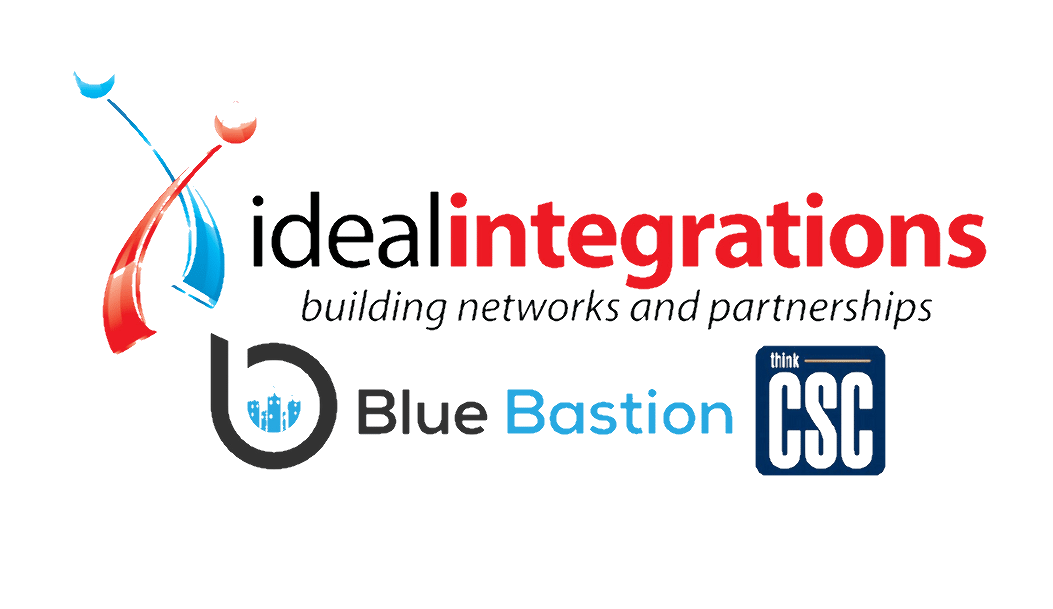 Virtualization got its start on the PC side, but did you know the same functionality works with Macs? Running a Windows application on your Mac allows you to access features on a number of products not available to Macs. Parallels Desktop is just one of several solutions available for running Windows on Macintosh hardware. Depending on your business needs, virtualization can open up the best of both Mac and PC worlds in a simple, efficient way.
Virtualization got its start on the PC side, but did you know the same functionality works with Macs? Running a Windows application on your Mac allows you to access features on a number of products not available to Macs. Parallels Desktop is just one of several solutions available for running Windows on Macintosh hardware. Depending on your business needs, virtualization can open up the best of both Mac and PC worlds in a simple, efficient way.
Setting up virtualization isn’t complicated, but you’ll still need to install Windows with a disk. With this method, you install it in an application – a kind of shell inside of your computer. People with virtualization sometimes have the false impression that they are protected from viruses or that viruses are less prevalent. Virtualized Windows can still get attacked. From the moment you put Windows on your computer, your Windows environment can become infected just as easily as if you were using a PC. When you run Windows on Mac, you also have to do maintenance and software updates on both sides separately.
At thinkCSC, we use Parallels or Fusion to run Windows-only business applications, so we have to keep them open all day. The same goes for Act! contact databases and any number of products that don’t have a Mac client. Another reason to use virtualization on a Mac is that sometimes the Windows version is better. For instance, QuickBooks for Mac has yet to receive feature parity with QuickBooks for PC. Many people prefer to go ahead and run QuickBooks inside their virtual machine (VM), so they get all the features and functionality that the Windows version has.
Boot Camp is another viable, but imperfect, option for running Windows on Mac hardware. Essentially, it entails holding the alt key down to boot off of a Windows CD, installing it directly onto the hard drive. Macs even allow you to partition your drive, so half can be allocated for Mac and the other half can be for PC. To do this, you hold down the alt key and hit ‘Okay’ to boot into either Windows or Mac. The problem with doing this is that Apple doesn’t optimize their Windows driver. The battery in a MacBook would last two hours using Boot Camp, whereas it lasts up to five hours when running virtualization with Windows inside of it.
Companies today don’t operate in cookie-cutter environments; every business needs customization. So,the more versatility available, the better. While the technology for PCs and Macs often runs parallel, performance is not always equal. Virtualization makes it fast and easy to run a Windows application on your Mac whenever you want to.
If you’re wondering whether or not Mac is right for your business, contact thinkCSC today for a free consultation.


Recent Comments